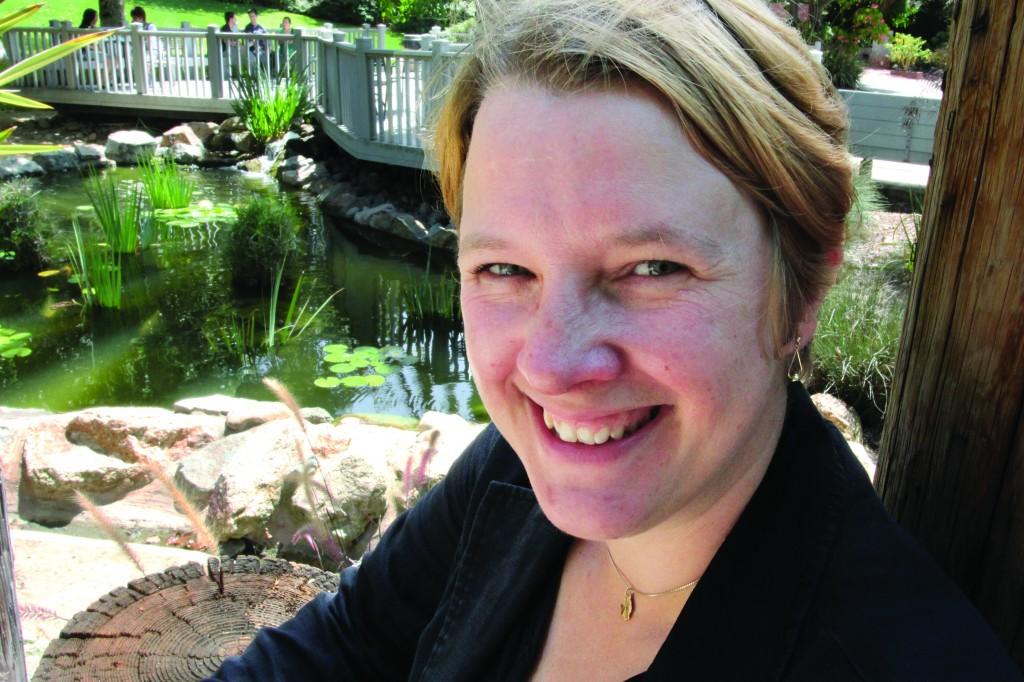San Diego State’s official website claims to provide its thousands of students with access to an education defined by direct contact with teachers and preparation for a future on an international level. As one of the newest additions to SDSU faculty, assistant professor Annika Frieberg at the Department of History is sure to help the institution achieve just that.
“When I was 6 years old I decided to be an archeologist, ‘cause I thought, you know, I would be a female Indiana Jones,” Frieberg said. Originally from Sweden, Frieberg came to the United States for the first time as an exchange student in 1992 when she attended a high school in Ohio. She loved the American educational environment so much, when it came to furthering her education she decided to apply to colleges in the U.S.
Frieberg returned to Ohio in the summer of 1995 where she attended Denison University as an undergraduate student. Later she completed her graduate degree at the University of North Carolina at Chapel Hill, where she graduated in 2008. Now in her fifth year as a college professor, she has left the idea of archeology behind after realizing it requires “an awful lot of science classes” and landed in San Diego—a place more favorable than any Temple of Doom.
Because of the difficult job market for historians in recent years, SDSU is Frieberg’s fifth employer in her five years teaching.
“I think I was among the luckiest people on the market this year,” Frieberg said in reference to her new position at SDSU.
Frieberg has published multiple articles concerning the topic of conflict resolution in European media in the mid-20th century. These pieces led to her current research about the reconciliation of relationships shared by European countries after World War II and the action required to instill a prolonged state of peace between the societies. Specifically, she is emphasizing Polish-German relations in an effort to work toward publishing her own book. Once she completes this book, she is excited to begin another project that examines the effects of conflict on a smaller scale.
“War wasn’t overseas, war was in their societies, which means that soldiers weren’t the only ones that were dealing with trauma from conflict, but (also) women and children,” Frieberg said. Her interest lies in how families coped with living in the aftermath of war, which she feels is a subject that has not yet been developed as much as other areas in the field of history. She will mostly be looking into personal relationships and economic problems within the family.
Given Frieberg’s background as a student in both Europe and the U.S., she presents unique angles in her classes, The Age of Dictators and Contemporary Europe and Modern Europe. SDSU students may not have encountered such perspectives previously.
“I go in and I try to pay attention to the group that I am working with, what are their particular needs, how we need to optimize the learning environment that they’re in,” she said.
Professor Edward Beasley has taught in the Department of History at SDSU for nearly 20 years and is the chair of the committee that hired Frieberg.
“I’ve really noticed how after class, she sits with students on benches and has long discussions. She really seems to be connecting with students very well, very quickly,” he said.
It seems SDSU has been graced with the presence of a teacher who is very passionate about her job. Her longtime love for history even goes down to the sensory details, such as her affinity for the smell of old stone buildings that she experienced during museum visits as a child. Because of the great opportunity it gives her to simultaneously teach and pursue a research agenda, Frieberg hopes to remain at SDSU, allowing students plenty of time to take advantage of her wealth of knowledge.









